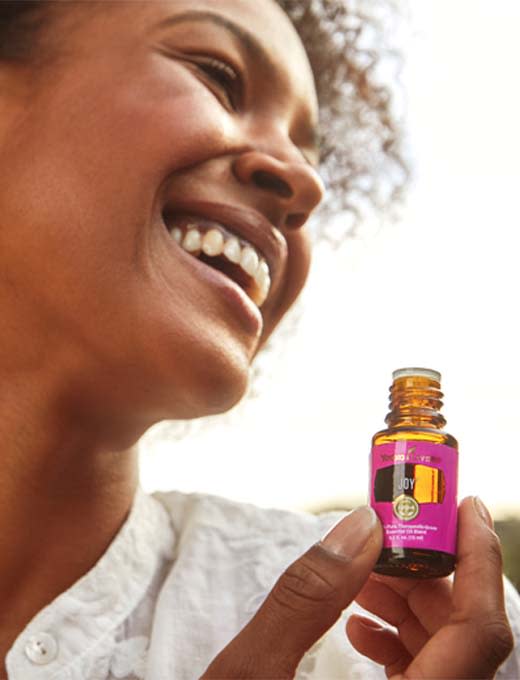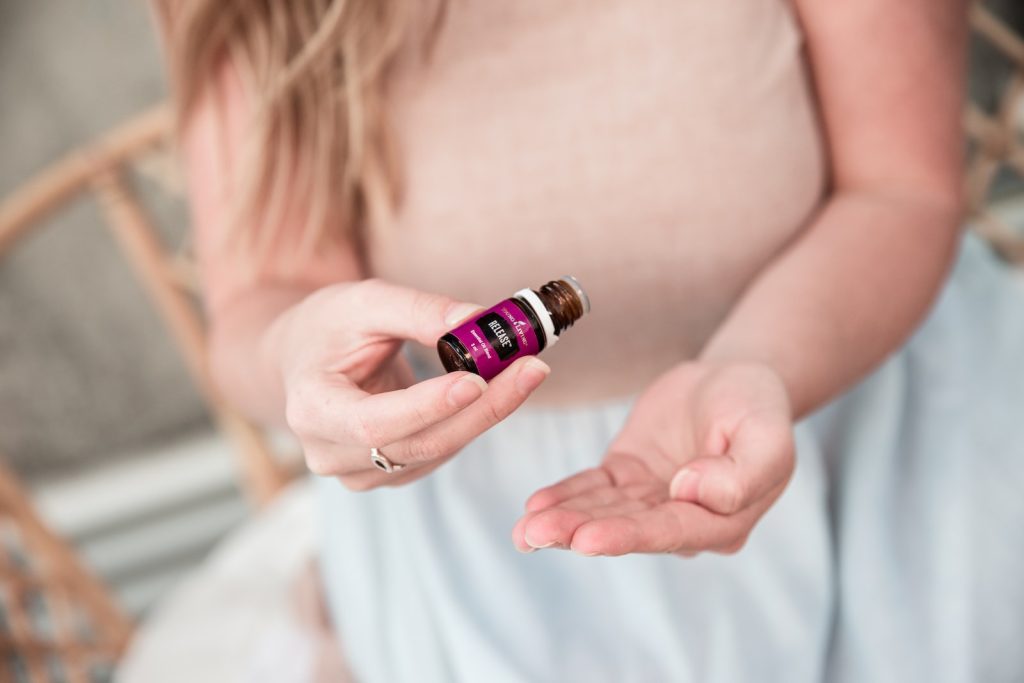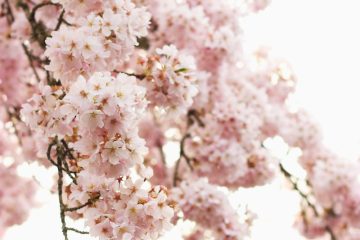Maybe you received your essential oil starter bundle in the mail or you have been researching essential oils for natural health and wellness alternatives.
I am excited to help you!
There are 3 Ways to Use Essential Oils
- Aromatically
Engage your sense of smell through aromatherapy to support your body. Inhaling essential oils stimulates the olfactory system, the part of the brain connected to smell.
- Inhale the oil directly from the bottle or rub 1 – 2 drops in your hand, cup your hand over your nose and inhale deeply
- Add hot water to a bowl and add a few drops of essential oil. Carefully cover your head and bowl with a towel. Breathe deeply and slowly
- Add a few drops to 1 – 2 cups of Epsom salt and soak in a hot bath. Inhale the aroma as you relax in the tub

- Internally/Dietary
Essential oils can be used for dietary and culinary use or taken as a supplement. Quality of the essential oil matters when ingesting internally. I only use Young Living’s Vitality™ dietary line of essential oils. Each of the Young Living Vitality™ dietary essential oils are labeled in white bottles (different from the topical essential oils). Read product labels for instructions.
3 Ways to use Vitality™ dietary essential oils
- Put them in empty vegetable capsules and take as a pill
- Add Thieves® or Peppermint oil to a hot cup of water to make a natural immune-supporting or digestive tea
- Drink Ningxia Red daily nutritional supplement


- Topically
Topical application is the process of applying essential oil on the skin, hair, mouth, teeth, or nails. Determine if the oil needs to be diluted. Applying essential oils directly on the body without any dilution is referred to as “neat”.
- Apply 2 – 3 drops directly on the skin and massage in. Always follow label directions for dilution with a carrier oil as instructed

5 Tips for HOW to use essential oils and plant-based cleaners in your home
- Sleep support: Unwind at night by setting a consistent bedtime routine and applying calming essential oils aromatically or topically
- Rub 1 – 2 drops of Lavender, Frankincense, Vetiver, or Peace & Calming on the bottom of your feet, temple or wrists
- Diffuse 3 – 5 drops of any of the above oils in a diffuser before bed
- Add 3 – 5 drops of any of the above oils in 1 – 2 cups of Epsom salt for a relaxing bath
- Soft Scrub – avoid harsh chemicals when cleaning the bathtub, sink and oven. Mix your own DIY non-toxic soft scrub to clean grime and grease and get a sparkling shine.
Homemade Soft Scrub Recipe
¼ cup Thieves Household Cleaner
¾ cup water
20 drops Lemon essential oil
4 cups baking soda
Makes about 1 Quart
- Laundry Soap – Thieves Laundry Soap is made of plant-based ingredients and leaves no chemical or synthetic residue. Natural enzymes and cleaning agents, alongside powerful essential oils, leave your clothes fresh and clean with a light citrus scent that everyone in the family will love. Not only does it clean well, but a little also goes a long way! This concentrated laundry soap has the power to wash 64 loads with just one 32-ounce bottle, making it economic as well as natural.
- Dryer Sheets – Save money and use eco-friendly wool dryer balls by putting drops of essential oils on to freshen clothes.
- Homemade non-toxic bleach alternative – bleach can be dangerous for children, reacts negatively to other household chemicals, and has harmful effects on the body
1 cup Hydrogen Peroxide
1 cup water
20 drops Lemon essential oil
Add to a 16-ounce glass spray bottle
- I use this to clean my bathroom tile grout. Spray tile after each shower
- Mix with baking soda to scrub toilets and sinks
This is blog 2 in a series of 7 blogs on the basics of essential oils answering the following questions:
How do You Use Essential Oils?
When: History of essential oils
Where you purchase essential oils is important
My Story: Why I Started Using Essential Oils – Coming Soon
Why Young Living – Coming soon



0 Comments